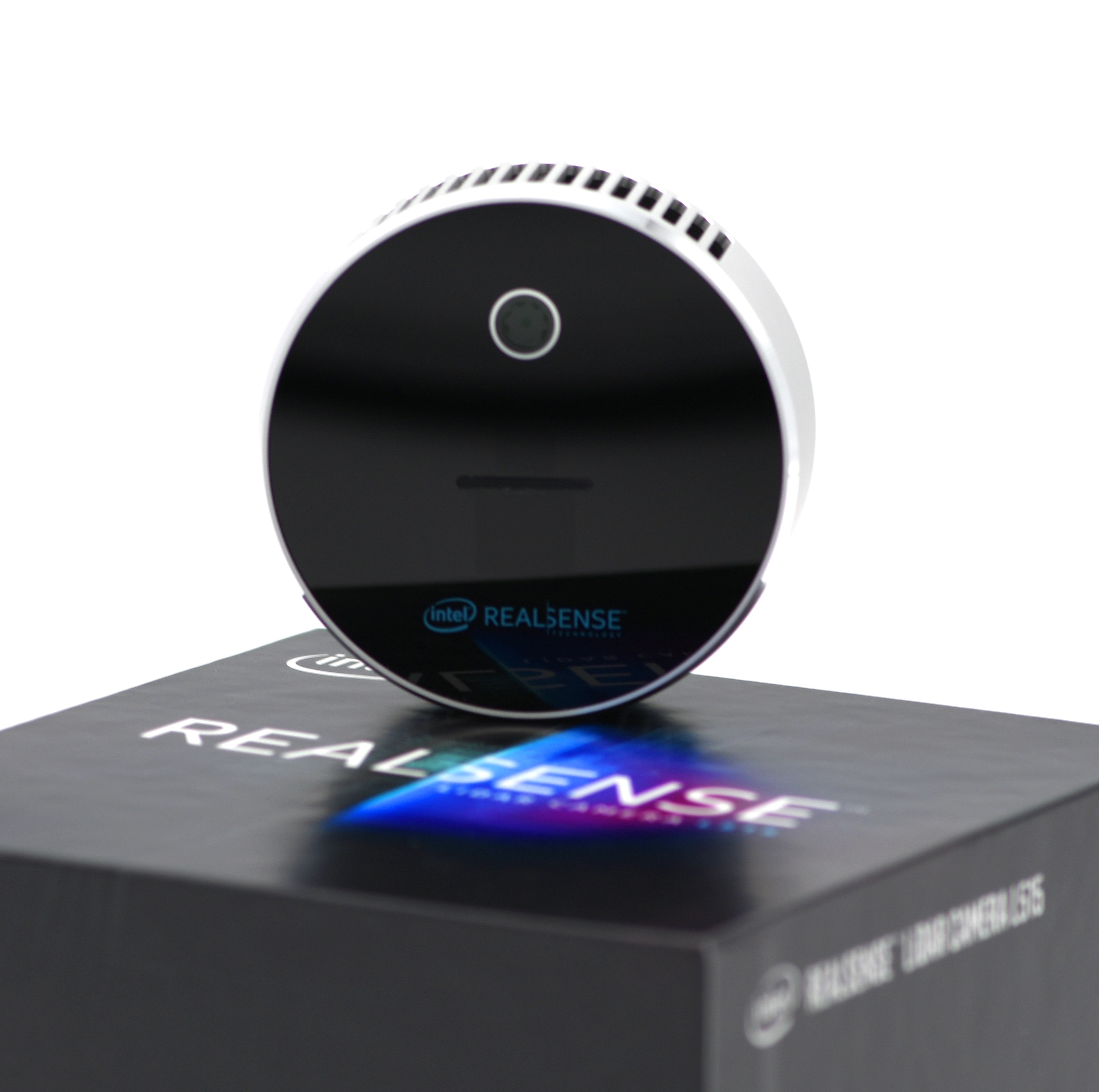Intel Winds Down RealSense Camera Biz
Intel will cease making RealSense cameras.

Get Tom's Hardware's best news and in-depth reviews, straight to your inbox.
You are now subscribed
Your newsletter sign-up was successful
About ten years ago, Intel began to tap into emerging markets like wearables, AR/VR applications, smartphones/tablets, and smart cameras for robotics in a bid to fuel its further growth. Few of the company's newly established businesses were a success, so in the recent year Intel pulled the plug on its smartphone, wearables, AR/VR, and some other efforts. This week the time came for its RealSense camera and computer vision business.
In a bid to concentrate on its core businesses, such as developing and selling CPUs and SoCs for servers and client PCs as well as other applications, Intel decided to shut down its RealSense smart camera and computer vision business, the company confirmed to CRN. People, technologies, and IP developed by the company for RealSense products will be transitioned to better serve the company's new core businesses.
"We are winding down our RealSense business and transitioning our computer vision talent, technology and products to focus on advancing innovative technologies that better support our core businesses and IDM 2.0 strategy," an Intel statement published by CRN reads. "We will continue to meet our commitments to our current customers and are working with our employees and customers to ensure a smooth transition."
Intel established its RealSense business unit in 2014 ~ 2015 with the aim to develop computer vision technologies for a wide range of applications, from PCs to robots. The company has developed a pretty wide range of RealSense-branded products, including stereoscopic cameras, RGB cameras, a LiDAR, vision processor ASICs, and a number of other units. The company also uses RealSense for its drones.
While Intel had put rather significant efforts into its RealSense products and enabling hardware and software, the lineup has always remained a family of niche products aimed at emerging developers of applications that need computer vision. While computer vision technologies are gaining importance these days, large companies like automakers tend to develop their own technologies, whereas smaller makers do not need high volumes, whereas Intel is all about making products in high volumes.
It remains to be seen how Intel uses technologies developed for its RealSense products going forward. Perhaps, Intel will be able to use some of the IP for its MobileEye division that develops self-driving cars and advanced driver-assistance systems (ADAS), but at this point we can only speculate about Intel's intentions.
Get Tom's Hardware's best news and in-depth reviews, straight to your inbox.

Anton Shilov is a contributing writer at Tom’s Hardware. Over the past couple of decades, he has covered everything from CPUs and GPUs to supercomputers and from modern process technologies and latest fab tools to high-tech industry trends.
-
jkflipflop98 This is like going out surfing, paddling like mad for half a mile chasing a wave - then at the point of exhaustion when you're just about to crest the wave and take the ride you worked so hard for you just bail and let someone else ride your board in to shore.Reply
Brilliant management.